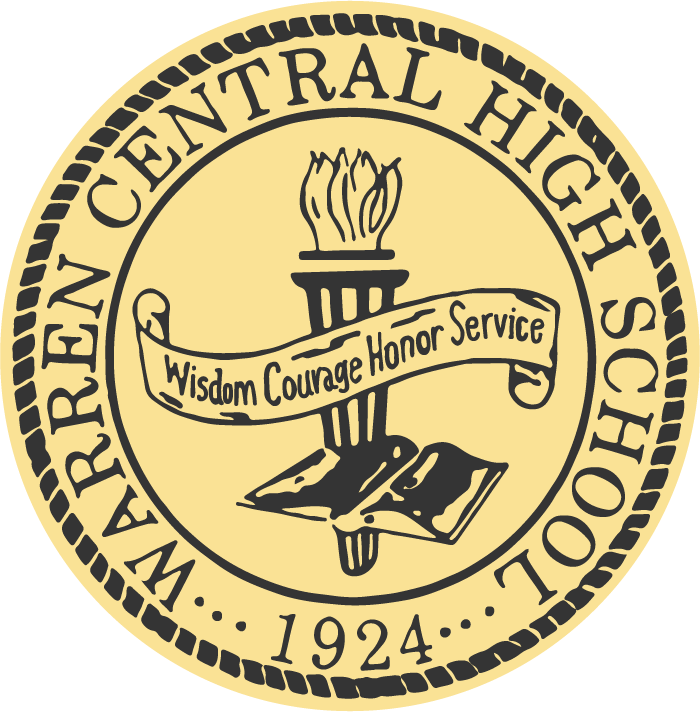Many kids share the same dream of one day eventually being a professional sports star. However, for many athletes, reaching the professional level is simply not attainable. Some athletes who had banked on going into the league are eventually faced with finding low-paying jobs or forced into a career that they do not enjoy.
All athletes should be required to attend and get a college diploma before going pro at their respective sport. All professional sports leagues should require their athletes to attend college and earn a degree.
The National Football League (NFL) requires all players to have attended a mandatory three years of college before declaring for the draft if eligible. This is not the same for all professional sports leagues though. To play in Major League Baseball (MLB), only a high school diploma is required in order to be drafted, and players can be drafted directly out of high school. And in the National Basketball Association (NBA), they have implemented what is known as the “one and done rule.” What this means is that an athlete is only required to attend one year at college before declaring for the draft. The rule states that one NBA season must elapse after high school graduation before being drafted.
Several NBA prospects, like Duke’s Cooper Flag and Baylor’s VJ Edgecomb, have declared for the NBA draft after a single collegiate season.
According to the NCAA Fact Sheet, there are actively 7.4 million athletes competing in high school sports, and 460,000 of those will play at the collegiate level. Only 2%, about 9,200, of those playing a collegiate sport will play at the professional level.
Despite the odds being stacked against athletes, the desire for many to become a professional athlete prevails.
Athletes who do reach the pro level may not always be on the starting cut or end up sitting on the team's bench. For many sporting leagues, if a player is not on the starting cut, they play on a practice squad or a minor league team. This means the money made is a heavy decrease, and the athlete is not entirely reaching their goal of playing professionally.
Athletes do not take into consideration that playing a sport professionally is not a guarantee, and that will mean the athlete may have to pivot in their long-term goals.
Athletes who are required to go to college in order to become professional athletes have a back-up plan if their goal fails. Those athletes can fall back on their college degree in order to find a well-paying job that will provide for themselves and a family they may have.
Roughly 53% of Division I athletes are awarded financial aid at the college of their choosing. What this means is that while playing the sport that they enjoy, they are being paid, in a way, to also attend classes. By attending classes, a degree is earned and a back-up plan is created in case playing professional sports is not an option. This saves the athlete money in the long run and allows for them to stay out of debt as well as beginning at a job where starting pay is liveable.
Warren Central does a great job of preparing all students with a back-up plan and getting students involved in classes that prepare them for their future job in case their plan of being a professional athlete, or going professional in any line of work, does not pan out. Warren students are ahead of the game when it comes to having the experience or having the knowledge for a career.
High schools preparing their students for a future career other than what their current dream is needs to be more common. Even if students are not athletes, learning how to pivot in order to find success is a life skill everyone needs in order to make it.
At the end of the day, it is also the student athlete’s job to prepare themselves in case they do not end up where they want to be in life. The worst thing that can happen for college-educated athletes is that they don't make it to the league, but they still have a college degree that they can utilize.

